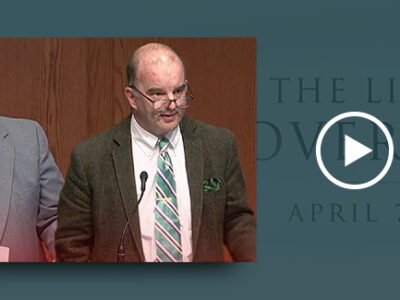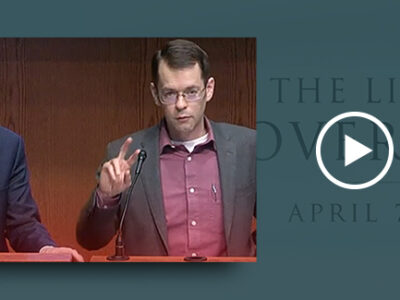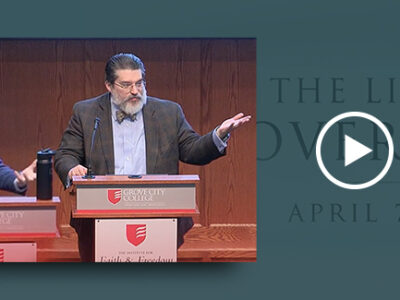I was channel surfing on my car radio when I encountered the latest ad for the Pennsylvania lottery. These ads tend to be clever. This is true in many states. For instance, the ads for the Virginia state lottery are very witty.
In the latest Pennsylvania ad, a radio announcer is calling a mock baseball game. It’s the bottom of the ninth with two outs. The batter strikes out. He turns and sheepishly asks the umpire if he can bat once more. Sure, says the ump, why not? The ad reminds listeners that the beauty of the Pennsylvania lottery is they get more than one chance at winning.
Actually, that’s the tragedy of state lotteries. In baseball, the typical major leaguer will get a hit once in every three or four at bats. He will belt a dozen or so home runs over a six-month season. With the lottery, the typical player can hack away for a lifetime and never connect. Baseball players make money playing baseball. Lottery players lose money playing the lottery.
Understanding this, and knowing that the majority of lottery players are willing to be suckers, the Commonwealth of Pennsylvania has ingeniously devised numerous games that in effect hit these players with a beanball.
A visit to the Commonwealth’s lottery website makes this quickly evident. There are all kinds of games – the Daily Number, the Big 4, Cash 5, Super 6. The last I looked, the website was celebrating the fact that the Powerball Jackpot has just hit $165 million. (Hint to readers: don’t play it; you won’t win.) There are instructions on where to buy tickets, how to claim your prize, and a list of past winners.
Let me be clear: playing the lottery is a voluntary exercise. No one forces little old ladies to dole out their social security checks participating in this scheme. The government is not guilty of coercion.
Still, lotteries are regrettable. And someone is responsible. Who? Our governors, our legislators, Republicans, Democrats, conservatives, liberals, and moderates.
As a Republican, I’m not happy with the support of lotteries by legislators in my party, particularly anti-big government conservatives. That said, I’m most disappointed with liberals.
Liberals promote state lotteries because they welcome the “good” things government does with the money – education for children, programs for seniors. Theirs is a classic ends-justify-the-means position. In so doing, liberals have embraced what was once a leading social ill. They have happily accepted nationalization of an “industry” formerly run by mobsters.
There are glaring contradictions between the philosophy of liberalism generally and liberals’ support of lotteries. For example, while liberals champion a progressive tax code, there is nothing more regressive than government lotteries. The vast majority of people who waste a disproportionate share of income on this unwise activity are low-income. The rich are not blowing their money on this false dream. Every time I stop at the corner grocer in rural Washington County when visiting my in-laws, I wait behind a half-dozen people buying cigarettes, Mountain Dew, and a handful of fool’s gold. It never fails. These people are not buying caviar and are not wearing fur coats.
Each time the jackpot in a major lottery reaches the tens of millions, we hear of families in which dad allegedly mortgaged the home to buy thousands of tickets. I’m awaiting the day when a mom sues a state because dad spent 20 years dumping the kids’ college money into lottery tickets with nothing to show in return.
I have relatives who insist on playing the lottery every single day – and they’re all poor. (None of my well-to-do relatives play it.) And the government happily watches them flush it all away. The government depends on them.
Imagine: If a private-sector company provided this kind of negative rate of return on the public’s money – which the government does daily in the lottery – every liberal Democrat in Congress would be rushing to shut it down. Ted Kennedy would be screaming to regulate the piranhas. Yet, because the government gets this cash, and presumably does good things with it, liberals have sold out.
Does this grand government rip-off deter public officials’ Are they reexamining their support of lotteries’ Quite the contrary. In Pennsylvania, the daily drawing has been upped to twice a day for both three- and four-number lotteries. That more than doubles the opportunities to shaft my Uncle Nick.
I wish that the Commonwealth of Pennsylvania would stop using my tax money to sponsor this system. There are more legitimate ways to bring in revenue. I also wish I could count on my liberal friends – the self-proclaimed defenders of the poor and promoters of economic fairness – to lead the charge.




